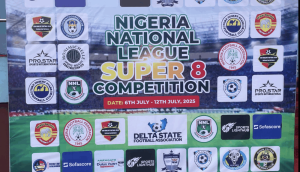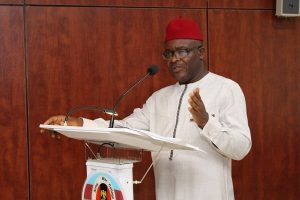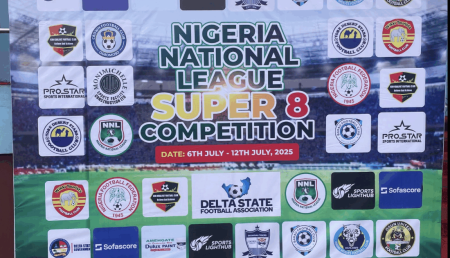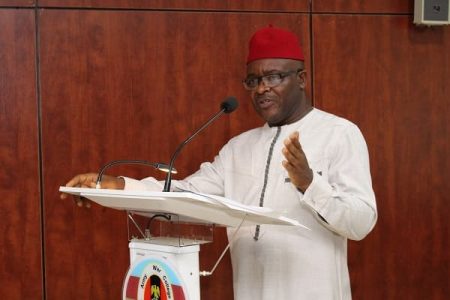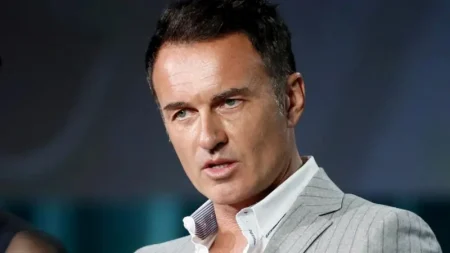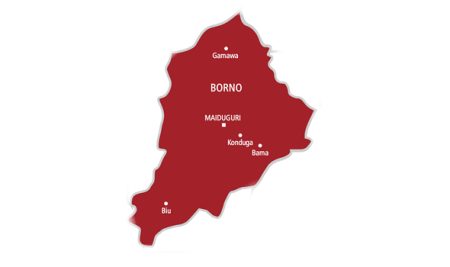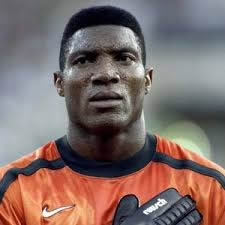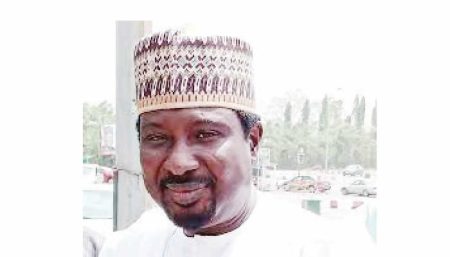The Re-emergence of the ADC: A New Coalition’s Hopes and Hurdles
The Nigerian political landscape has witnessed a significant shift with the infusion of new leadership into the African Democratic Congress (ADC). Former Senate President David Mark and ex-Minister of Interior Rauf Aregbesola have assumed the roles of National Chairman and Secretary, respectively, injecting renewed vigor into the party and fueling speculation about the 2027 general elections. This transition marks the culmination of an 18-month effort to forge an anti-Tinubu coalition, bringing together diverse political figures under a single banner. The ADC has undergone constitutional amendments to accommodate the influx of new members, eliminating the previous two-year waiting period for participation in party activities and elections. This move signifies the party’s commitment to broadening its base and fostering a more inclusive political platform.
The decision to adopt an existing party, rather than forming a new one, was a calculated risk. While it provided immediate structure and a degree of legitimacy, it also opened the door to potential legal challenges from existing members. These concerns have already materialized in the form of public dissent from party officials like Dr. Musa Matara, the National Publicity Secretary, and Dumebi Kachikwu, the 2023 presidential candidate. They have questioned the legitimacy of the coalition’s takeover and highlighted ongoing legal battles within the party. However, Ralph Nwosu, the immediate past National Chairman, has dismissed these objections, characterizing the dissenters as “mercenaries and agents” attempting to undermine the coalition’s efforts. This internal friction underscores the delicate balance the new leadership must maintain to navigate the complexities of integrating disparate groups and solidifying its control.
A major challenge facing the revitalized ADC lies in establishing a robust national presence. Historically a fringe party, the ADC lacks significant representation in many states, particularly in the South-South and South-East. This structural weakness poses a considerable obstacle to its ambitions for the 2027 elections. The party’s current representation in the National Assembly is limited to a single member, further highlighting the need for extensive grassroots mobilization and expansion. Recognizing this deficiency, coalition leaders have pledged to invest in building the party’s infrastructure and extending its reach across the country. This task will require significant resources and strategic planning to effectively compete with the established political heavyweights.
The presidential ambitions of key figures within the coalition, notably former Vice President Atiku Abubakar, Labour Party’s 2023 presidential candidate Peter Obi, and former Minister of Transportation Rotimi Amaechi, present another potential fault line. While Obi has publicly declared his intention to run in 2027, Atiku has remained silent on the matter. The popularity of both figures, especially Obi’s growing support base, adds to the complexity of choosing a candidate that can unify the coalition and garner widespread support. Supporters of Obi, like Aisha Yesufu, have warned that excluding him from the ticket could lead to voter apathy and benefit the incumbent party. This vocal advocacy underscores the potential for internal divisions should the nomination process be perceived as unfair or biased.
The coalition leadership, however, has expressed confidence in its ability to manage these competing ambitions. They have emphasized the importance of a transparent and fair primary process to select a candidate who can command the support of all factions. The intention is to establish a model for democratic party operations, where internal competition leads to a stronger and more unified front. Despite these assurances, skepticism remains about the long-term viability of a coalition built on individual ambitions and diverse political ideologies. Observers, including members of the ruling APC, anticipate that these internal dynamics could ultimately fracture the ADC.
The success of the revamped ADC hinges on its ability to consolidate its newfound prominence and address the numerous challenges it faces. Navigating internal dissent, building a national structure, and managing competing presidential ambitions will require astute political maneuvering and a cohesive vision for the future. The coalition leaders have articulated their commitment to democratic values, social justice, and national development. Whether these ideals can translate into tangible political gains and resonate with the Nigerian electorate remains to be seen. The 2027 elections will be a critical test of the ADC’s ability to transform from a coalition of disparate groups into a viable political force capable of challenging the existing power structures.



